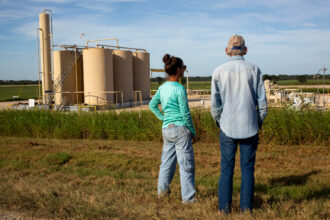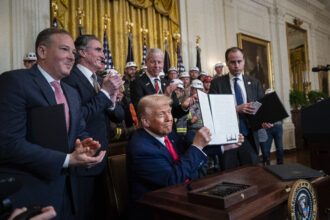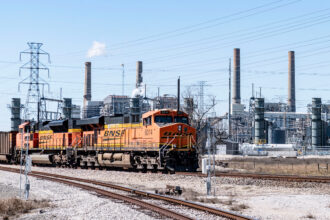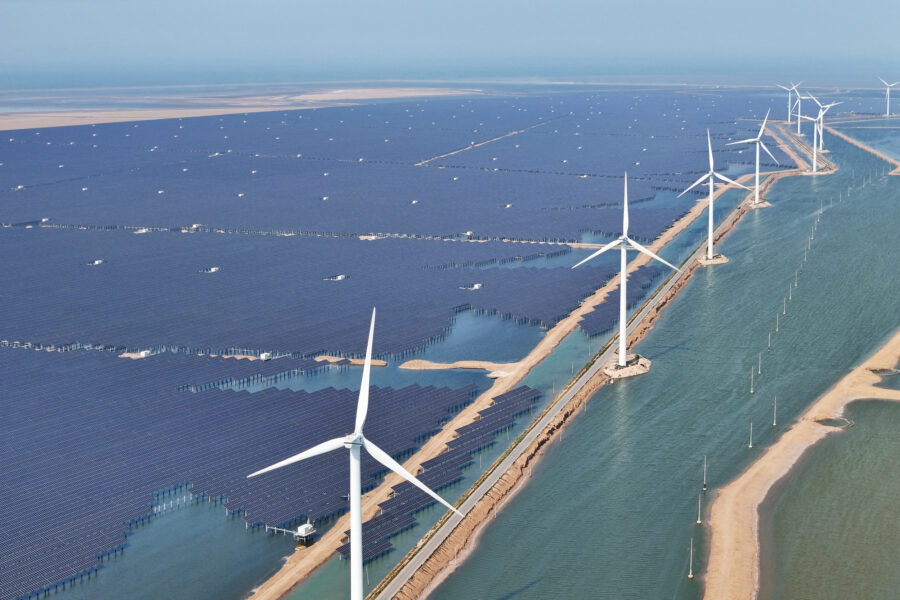BP Plc’s $85 million settlement with the U.S. Department of Justice for oil spills in Alaska in 2006 suggests the government will push for higher than expected fines for the Gulf of Mexico blowout.
Legal experts said the size of a $25 million penalty levied as part of the deal, when calculated on a per barrel of oil spilled basis, and the DoJ’s willingness to invoke a raft of legislation to threaten BP, set a bad precedent for the British oil major.
“The per barrel calculus is really sort of a way of communicating to the public that the Obama administration is very serious about this stuff,” said Zygmunt Plater, Professor of Law at Boston College Law School.
BP has indicated it will face fines of under $5 billion related to the 2010 Gulf disaster, rather than the around $21 billion it could face if it was found guilty of gross negligence, a position that most analysts have accepted.
However, if the Alaska settlement is a template, BP could end up paying out well in excess of $21 billion, as the spill at Prudhoe Bay in 2006 was dwarfed by the nearly 5 million barrels spewed from BP’s ruptured Macondo well last summer.
The two Alaska spills led to 5,078 barrels of crude spilling on to the tundra, the DoJ said.
The fine paid by BP equates to over $4,900 per barrel as against a maximum $4,300 per barrel fine applicable under the Clean Water Act, the main statute that covers oil spills.
The DoJ said it was the largest per-barrel penalty to date for an oil spill. BP denied the penalty was assessed on a per barrel basis.
BP has also agreed to spend an additional $60 million in improving safety.
These amounts are on top of a $12 million criminal fine, and $8 million in other penalties.
The DoJ invoked the Clean Water Act, the Clean Air Act and the pipeline safety laws in the Alaska settlement. Plater said this willingness to throw every weapon in the legal toolkit at BP was a departure from the policy of the previous U.S. Administration.
“It shows a continued resolve on the part of the Obama Administration to play hardball,” said David Logan, Dean of the Roger Williams School of Law.
BP’s willingness to agree to the settlement also signaled it wanted to get the matter out of the way before fighting the many Gulf of Mexico oil spill court cases it faces, legal experts said.
“Having this case go to trial and be in the news would only further cement the narrative that BP is a reckless outfit,” said Jamison E. Colburn, Professor of Law at Penn State University who added he expected the DoJ to seek the maximum possible penalty against BP for the Gulf oil spill.
However, some analysts denied there was any read across between the two situations.
“Just because you’re grossly negligent in Alaska doesn’t mean you’re grossly negligent in the Gulf of Mexico,” said Iain Armstrong at Brewin Dolphin.
BP shares traded down 2.0 percent at 1601 GMT Wednesday, against a 2.7 percent drop in the STOXX Europe 600 Oil and Gas index.
BP shares trade at a sharp discount to the value of its assets due to uncertainty about the final bill for the Gulf spill.
(Reporting by Tom Bergin; Editing by David Cowell)
About This Story
Perhaps you noticed: This story, like all the news we publish, is free to read. That’s because Inside Climate News is a 501c3 nonprofit organization. We do not charge a subscription fee, lock our news behind a paywall, or clutter our website with ads. We make our news on climate and the environment freely available to you and anyone who wants it.
That’s not all. We also share our news for free with scores of other media organizations around the country. Many of them can’t afford to do environmental journalism of their own. We’ve built bureaus from coast to coast to report local stories, collaborate with local newsrooms and co-publish articles so that this vital work is shared as widely as possible.
Two of us launched ICN in 2007. Six years later we earned a Pulitzer Prize for National Reporting, and now we run the oldest and largest dedicated climate newsroom in the nation. We tell the story in all its complexity. We hold polluters accountable. We expose environmental injustice. We debunk misinformation. We scrutinize solutions and inspire action.
Donations from readers like you fund every aspect of what we do. If you don’t already, will you support our ongoing work, our reporting on the biggest crisis facing our planet, and help us reach even more readers in more places?
Please take a moment to make a tax-deductible donation. Every one of them makes a difference.
Thank you,











